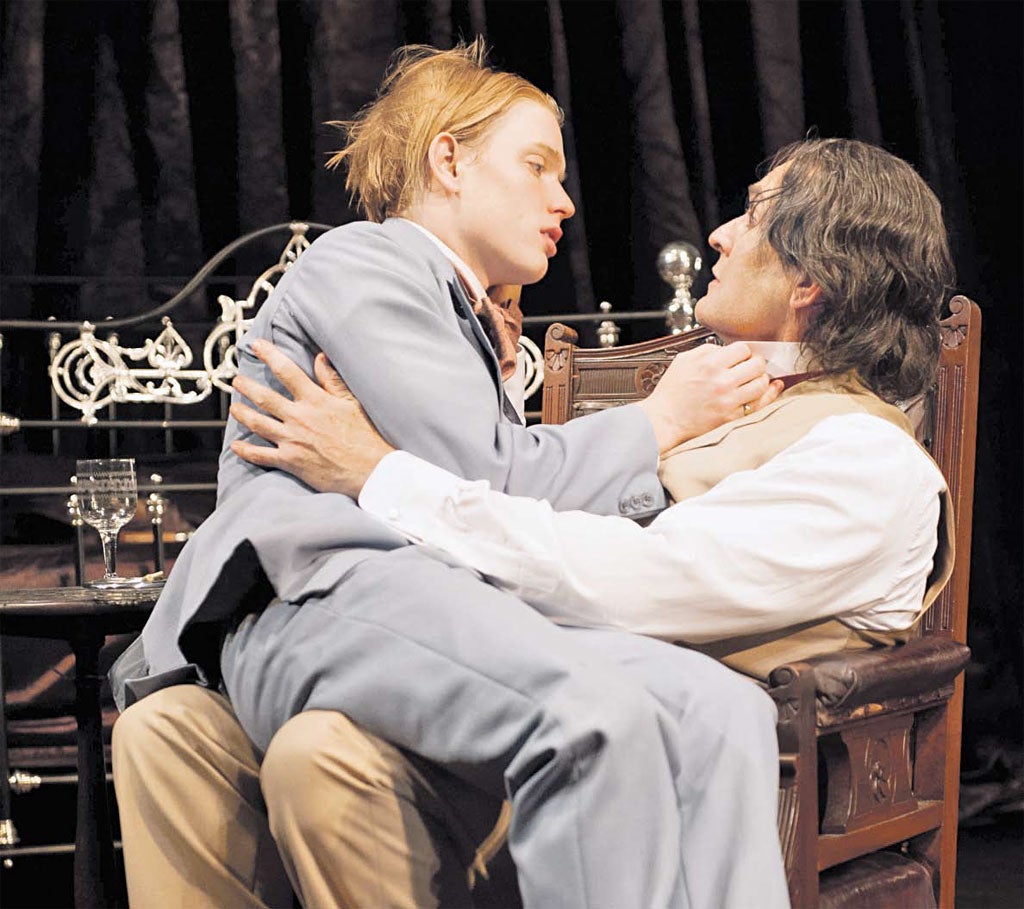
Your support helps us to tell the story
From reproductive rights to climate change to Big Tech, The Independent is on the ground when the story is developing. Whether it's investigating the financials of Elon Musk's pro-Trump PAC or producing our latest documentary, 'The A Word', which shines a light on the American women fighting for reproductive rights, we know how important it is to parse out the facts from the messaging.
At such a critical moment in US history, we need reporters on the ground. Your donation allows us to keep sending journalists to speak to both sides of the story.
The Independent is trusted by Americans across the entire political spectrum. And unlike many other quality news outlets, we choose not to lock Americans out of our reporting and analysis with paywalls. We believe quality journalism should be available to everyone, paid for by those who can afford it.
Your support makes all the difference.When it was premiered in 1998, critics (myself included) gave a cool response to this David Hare play that deals with self-sacrificial love and betrayal and homes in on two pivotal episodes in the disastrous relationship between Oscar Wilde and Lord Alfred Douglas, aka Bosie.
The piece makes a deeper and more affecting impression now in Neil Armfield’s revival at Hampstead. A virile, physically imposing figure (non-camp to a fault), Liam Neeson’s Wilde in the original production lacked the vibrancy of intellect to convince you that he was the writer of The Importance of Being Earnest and De Profundis.
The eminently suitable Rupert Everett is able to create this illusion with ease. Bulked-up, blanched, radiating wry fatalism and a sort of magnanimous melancholy, his elegantly wrecked, bloated aesthete brings warmth and humanity to a script that deliberately forbears to have Wilde drip with pastiche epigrams – even if, at times, his delivery develops a Prince Charles-like clenched huskiness and glazed stare.
The play is an adroit diptych, full of telling symmetries. Act One sees us in the Cadogan Hotel where Wilde took refuge between the collapse of his libel case against Bosie’s father and his own arrest. Why did he not seize the opportunity to flee the country, as urged by his steadfast friend, Robbie Ross (a grimly pained Cal Macaninch). And why did a broken Wilde return to the worthless Bosie after the horrors of Reading Gaol?
That’s the question that preoccupies Act Two, set in the couple’s squalid, penurious Neapolitan exile, with only the odd naked hunk of a fisherman for entertainment. An indignant Irish writer’s refusal to cave in to Victorian moral hypocrisy? A passive acquiescence in the tragic role he felt he’d been assigned? A hunger for Christ-like martyrdom?
Everett’s performance keeps these various possibilities afloat. Tossing blond locks, flashing white flesh, and forever hurling his toys out of the pram in paroxysms of petulance, Freddie Fox’s striking Bosie is a flamboyantly frightful monster of manipulative bad faith. It’s arguably a flaw in the play that we do not sufficiently see how, from one point of view, Bosie is himself a victim – of his appalling background and circumstances, as we did when Jude Law portrayed him on screen.
As a result, the belief expressed by Hare’s Wilde that “the truth of a person is only visible through love” sounds less like a visionary insight than certifiable self-deception.
To 13 October (020 7722 9301)
Join our commenting forum
Join thought-provoking conversations, follow other Independent readers and see their replies
Comments